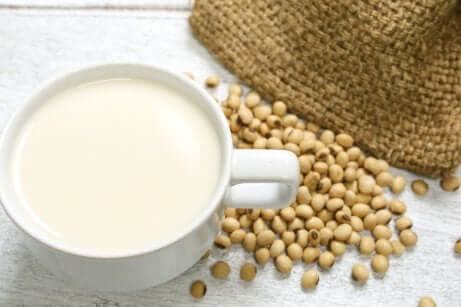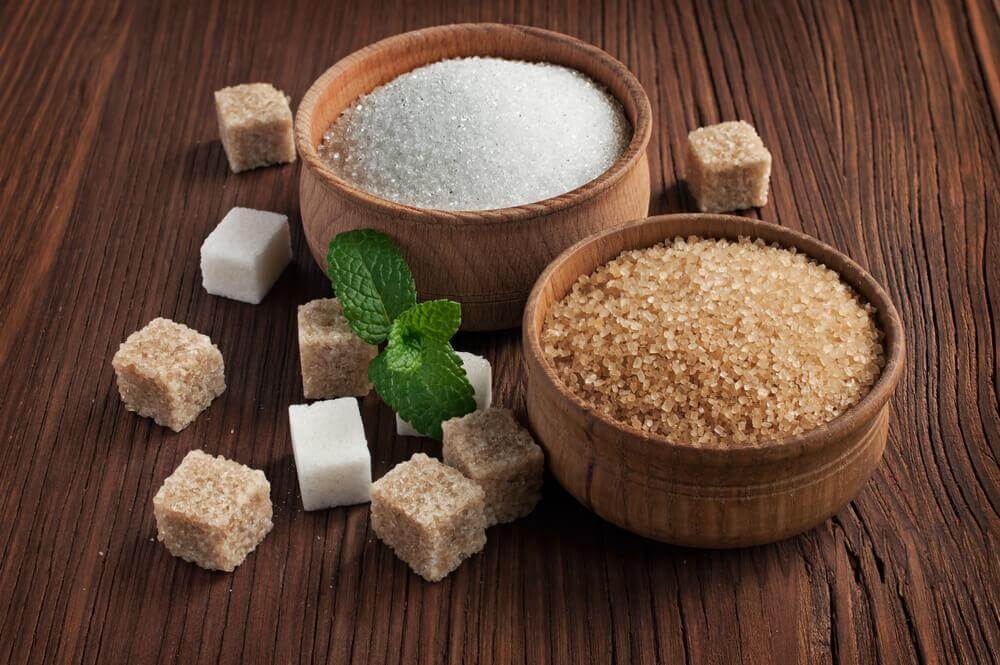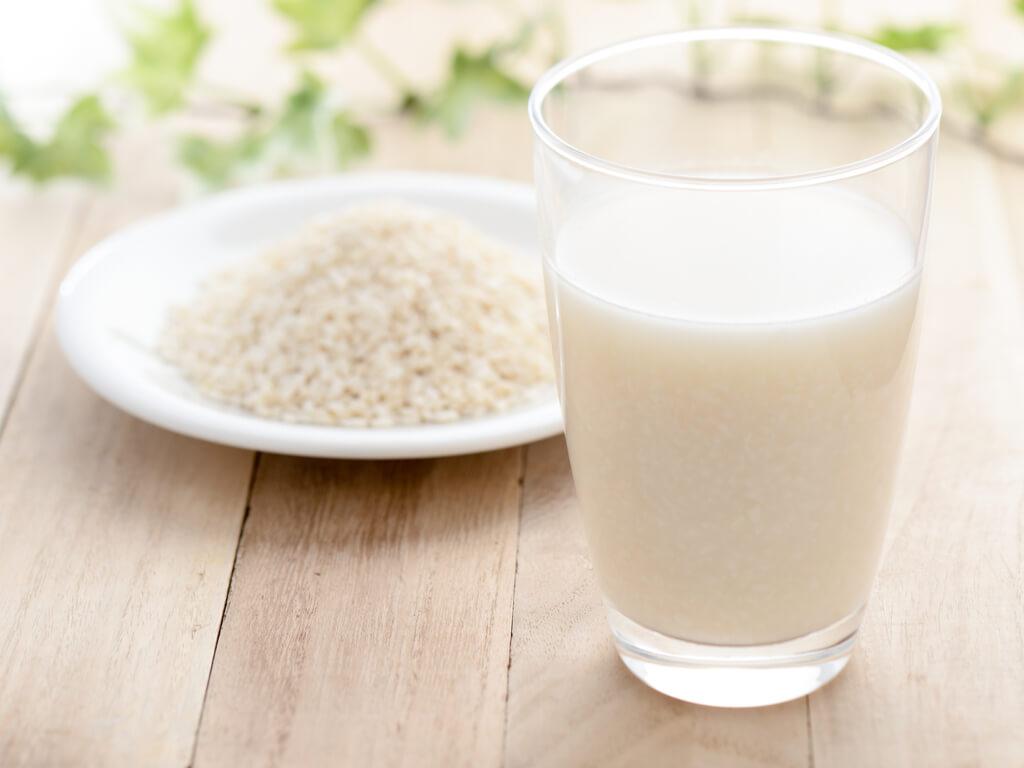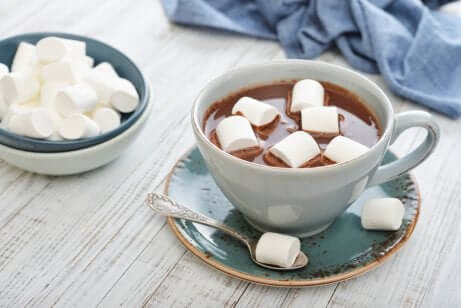What Foods Should You Not Feed Your 9 Month Old Baby?


Written and verified by the doctor Nelton Abdon Ramos Rojas
There are a number of foods you shouldn’t feed your baby. In addition, the food that babies consume in their first months of life must be very nutritious. Therefore, it’s ideal to start with breastfeeding, since it provides your baby with everything they need.
Then, when it’s time to introduce solid foods, make sure they are foods that contain vitamins they need for proper development. Each baby is different, but at 9 months, many babies are eating some solid food.
Always keep in mind that not all digestive systems handle food the same way. Below, read about foods that you should be careful about not feeding your baby.
11 foods that you shouldn’t feed your baby
Although your baby can already eat several foods, it’s important to exercise caution when feeding them. Even if they’re healthy, they’re still delicate and needs to gradually adapt to changes in your diet.
For the stomach of a 9-month-old baby, there are still many hard-to-digest foods that, in addition to causing adverse reactions, can also cause allergies and other complications.
Do you want to know more? Soothe Your Baby’s Colic with These Four Home Remedies
1. Cow milk or soy milk

In you can’t continue breastfeeding, you need to choose a quality formula milk, without added sugars.
2. Spinach and chard
They aren’t entirely harmful, only if you go overboard with them. Naturally, vegetables usually contain nitrate, especially green leafy vegetables. Nitrates are converted into nitrites inside the body.
But in large amounts, nitrites can cause a disorder that affects the correct distribution of oxygen by blood cells. If this happens, your baby’s skin will probably turn purplish-blue (cyanosis), a warning sign of this problem.
3. Salt
Something else that overloads a baby’s kidneys is too much salt. It isn’t advisable to add stock concentrate (cubes or powder) to soups because of how high their sodium content is. Avoid salt as much as possible.
Keep in mind that, unlike adults, babies don’t need to eat foods that contain salt and other ingredients.
4. Refined sugar

5. Honey
Usually, honey contains spores that can proliferate rapidly in the body of a 9-month-old baby, bringing with it a risk of botulism and putting their life in danger. A study published in the journal Lakartidningen states this and explains the symptoms of this disease.
6. Soft drinks
Due to their high content of sugar, caffeine, and other additives, soda and other soft drinks are harmful for a baby. In fact, they can damage a baby’s stomach and cause both alterations in sleep and hyperactivity.
Note: soft drinks aren’t recommended drinks at any age. They aren’t healthy for any diet.
7. Rice milk

8. Baked goods
Any type of “empty,” nutrition-less food such as cakes, pastries, and chips aren’t recommended because of their the large amounts of chemicals, added sugars, and salt they contain.
9. Eggs
Eggs can trigger several types of allergic reactions. It’s best to start with the yolk, and a few months later introduce egg whites. It’s most advisable to wait on this type of potentially allergenic food until after your baby turns one.
Did you know? 9 Fruits That Combat Constipation
10. Sticky foods

11. Low-fat foods
Fats contribute a significant amount of calories that babies need at this age. Many of these foods also contain fat-soluble vitamins such as vitamin D. Don’t feed your baby low-fat products.
Prevent choking
Pay close attention to the size of the bites you offer your baby. Large pieces can get stuck in their throat and choke them. Most foods should be given to them mashed or pureed. If you do feed them food in pieces, try not to go over ½ inch per piece.
Specialists recommend waiting a year to feed babies potentially allergenic foods. However, it¿s advisable to introduce these foods gradually.
You should closely observe their reaction, especially if there’s a genetic predisposition to allergies, no matter if it’s moderate. In addition, you should consult your doctor to decide on the best strategy.
All cited sources were thoroughly reviewed by our team to ensure their quality, reliability, currency, and validity. The bibliography of this article was considered reliable and of academic or scientific accuracy.
- Eriksen KG., Christensen SH., Lind MV., Michaelsen KF., Human milk composition and infant growth. Curr Opin Clin Nutr Metab Care, 2018. 21 (3): 200-206.
- Fidler Mis N., Braegger C., Bronsky J., Campoy C., et al., Sugar in infants, children and adolescents: a position paper of the european society for paediatric gastroenterology, hepatology and nutrition committee on nutrition. J Pediatr Gastroenterol Nutr, 2017. 65 (6): 681-696.
- Wikstrom S., Holst E., Infant botulism – why honey should be avoided for children up to one year. Lakartidningen, 2017.
This text is provided for informational purposes only and does not replace consultation with a professional. If in doubt, consult your specialist.








